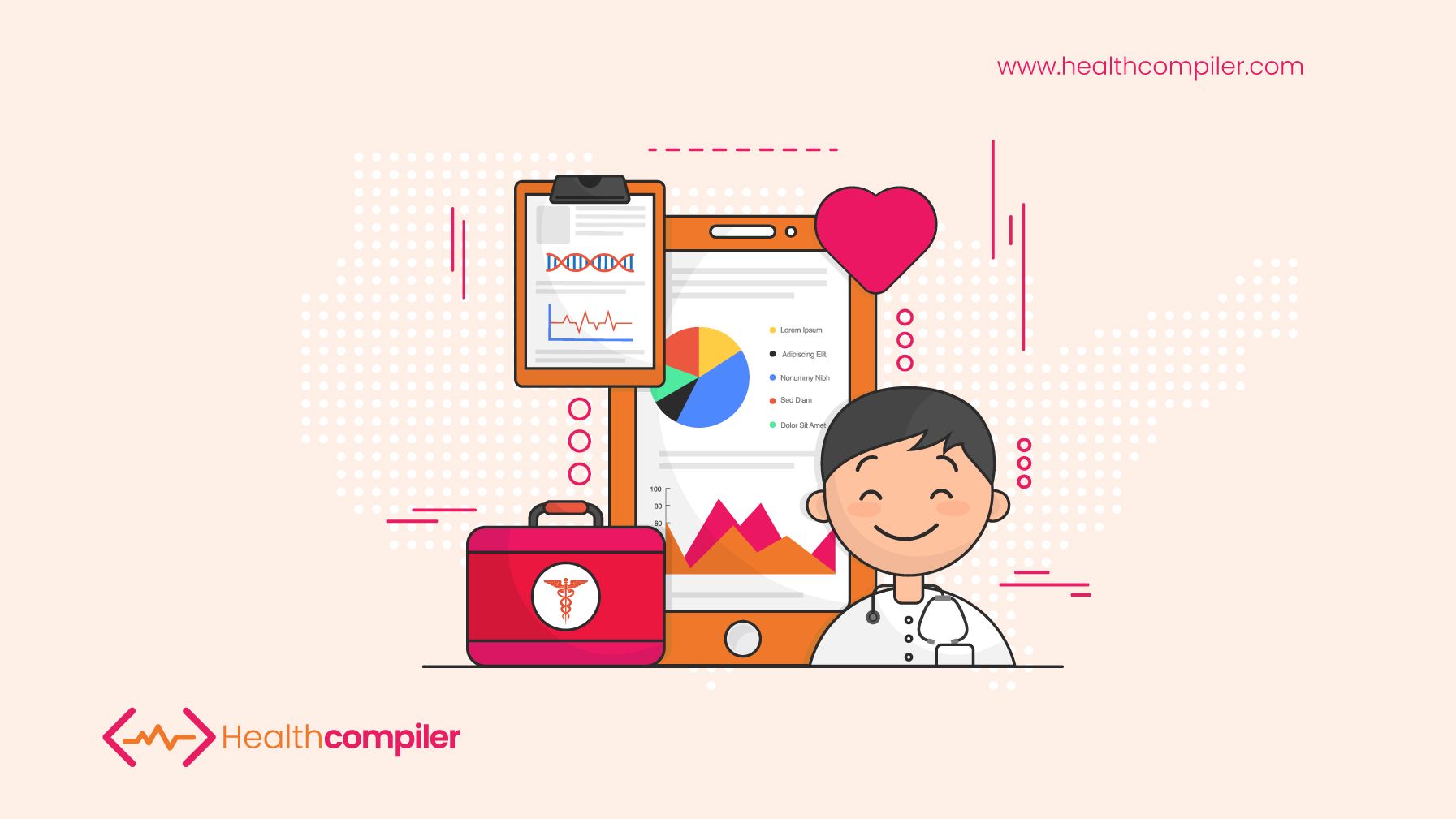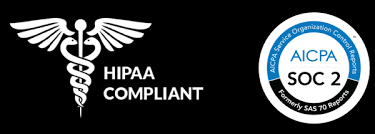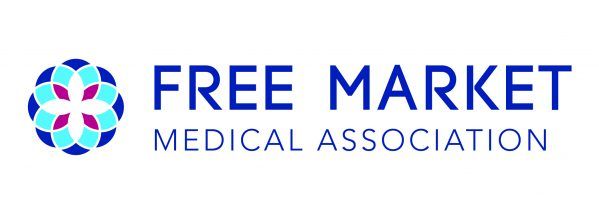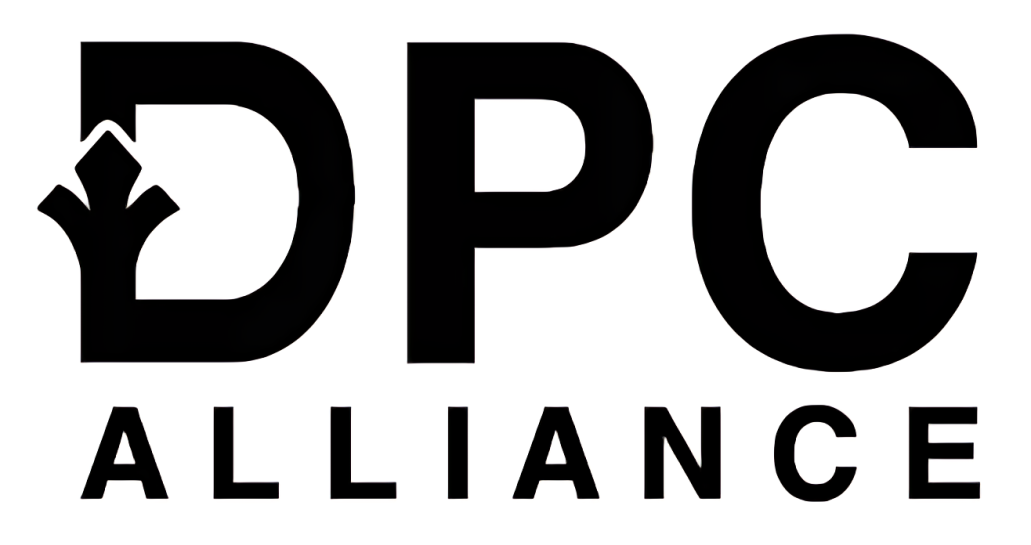US Patients can now Fully Access their Medical Records

We all know how difficult it is to get a copy of our health records. The process of getting a copy of our medical records from our doctor, hospitals, or insurance companies can be quite cumbersome and time-consuming. Not to mention, the exorbitant fees that we have to pay them in order to get a copy of our records as well as using very modern methods of communication such as fax and email to request these copies. Just imagine, a few years ago if you wanted to get a copy of your medical chart you had to send a physical letter by snail mail. Since different providers use different electronic health records (EHR) systems, each provider may store your health records in different databases and formats which can make it very difficult for you to make sense of your health records. People with complex health histories find it difficult to consolidate their medical information like their prescriptions, lab reports and imaging tests when they have to go to a new doctor.
All of this started when in the 1990s medical records began being kept digitally. The concerned regulators in US realized that medical data needed extra protection. So, they pass HIPPA or the Health Insurance Portability and Accountability Act in 1996 that regulated how medical providers and insurers could share information about our medical history. Under HIPPA, there is a rule called "Privacy Rule" whose actual name is Standards for Privacy of Individually Identifiable Health Information. This protected outsiders from accessing your medical information.
Although this was a safeguard for our privacy, it did have some unintended consequences. While patients could technically access their medical records, it became acceptable practice for providers to charge fees and mandate that information will only be sent by fax and requests for medical records are to be made in person.
The federal government has helped to solve this problem for patients by passing the 21st Century Cures Act in October of last year. This new law will give patients the right to get full access to their medical records digitally. This means that providers have to make their patient's records available to them digitally upon request and the process should be free, timely and secure.
This new rule makes experts hopeful that patients will now have more control over their health and get better care. Having access to your medical records makes it easier to change providers or approach a specialist. You can also give your information to researchers for better access to clinical trials and cutting-edge medical technology.
Even though the new rule is only applicable to Americans, similar efforts are being undertaken in other countries in order to grant patients access to their own health records. Several countries had announced plans to allow citizens access to their health data by 2017, including Canada, Finland, France, Iceland, New Zealand, Norway, Scotland, Singapore and Sweden. As of right now, only three countries, Denmark, Estonia, and Australia, had fully implemented their health monitoring systems.




